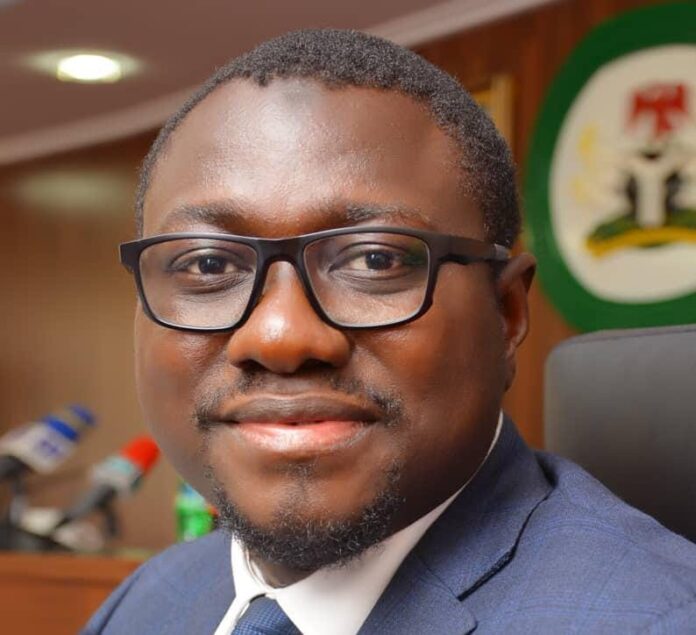Prof. Kana’s Appointment as APC National Legal Adviser: When a Professional Takes the Party Rostrum
By Abdulahi O. Haruna (Haruspice)
In the wake of Barrister Ahmed Usman El-Marzuk’s recent resignation as the National Legal Adviser of the ruling All Progressives Congress (APC), and the party’s efforts to sustain its reforming path , Professor Abdulkarim Abubakar Kana has been appointed as the National Legal Adviser of the party.
The appointment of Professor Kana as the National Legal Adviser of the All Progressives Congress carries multifaceted significance. Primarily, it reflects the core principles of national unity and regional inclusivity that the APC epitomizes. This appointment is poised to further enhance internal party coherence, as Professor Kana, renowned for his peaceful disposition, hails from the North-Central geopolitical zone—a region that has, at various junctures, raised concerns of marginalization.
Secondly, this appointment signifies the reinforcement of professionalism in party administration and management—an intentional approach that experts advocate as the optimal strategy for a functional democracy.
This fresh appointment has garnered widespread approval from conscientious Nigerians and vested stakeholders within the ruling APC. Analysts laud the new party legal adviser for his impeccable credentials, which extend beyond academia into professional legal practice.
With an illustrious tenure as the Attorney General and Commissioner for Justice of Nasarawa State spanning three terms, coupled with his esteemed stature as a renowned Professor of Law, Professor Kana brings to the fore a robust academic foundation in legal studies and a wealth of professional expertise in the realm of legal practice. His stewardship is anticipated to infuse the party with fresh insights on legal matters, derived from his extensive experience and knowledge.
Read Also:
Pundits and political observers from every corner of the nation are currently expressing their admiration and commendation for President Bola Ahmed Tinubu. This applause reverberates across the country as President Tinubu’s meticulous approach to public officers’ selection becomes increasingly evident. His discerning eye for matching individuals’ skills, talents, and experiences with the demands of specific positions is being widely recognized and lauded.
This shrewd practice, which emphasizes synergy between a person’s capabilities and the responsibilities they assume, has garnered him admiration from both pundits who closely follow political developments and observers who keenly assess leadership decisions.
President Tinubu’s foresight in ensuring that the right people are positioned in the right roles significantly contributes to the overall effectiveness and efficiency of various endeavors. His strategic approach has not only inspired confidence within the political sphere but has also ignited optimism among citizens who seek the best possible representation and outcomes.
This sentiment of approval and respect extends beyond partisan boundaries, highlighting the universally acknowledged importance of judicious appointments. President Tinubu’s commitment to this principle showcases his dedication to advancing capable governance, fostering professionalism, and promoting a governance framework that echoes the aspirations of the nation.
Overtime and consistently too, President Bola Ahmed Tinubu has demonstrated that the All Progressives Congress (APC) is far too strategic and vital to be entrusted to amateurs or non-professionals.
This belief underscores the ongoing and substantial restructuring of the party’s framework, which aims to fill essential executive positions with accomplished professionals who have honed their skills within both the private and public sectors. This initiative is rooted in a profound recognition that a well-structured political party system significantly impacts governance functionality, and by extension, the effective delivery of democratic dividends.
Indeed, the appointment of Professor Kana once again reaffirms this longstanding and deeply ingrained principle: to achieve excellent outcomes, responsibilities must be entrusted to individuals possessing the most fitting expertise, intellectual acumen, and composed demeanor—individuals with proven and trustworthy credentials.
Haruna Abdullahi Haruspice writes from Abuja
















